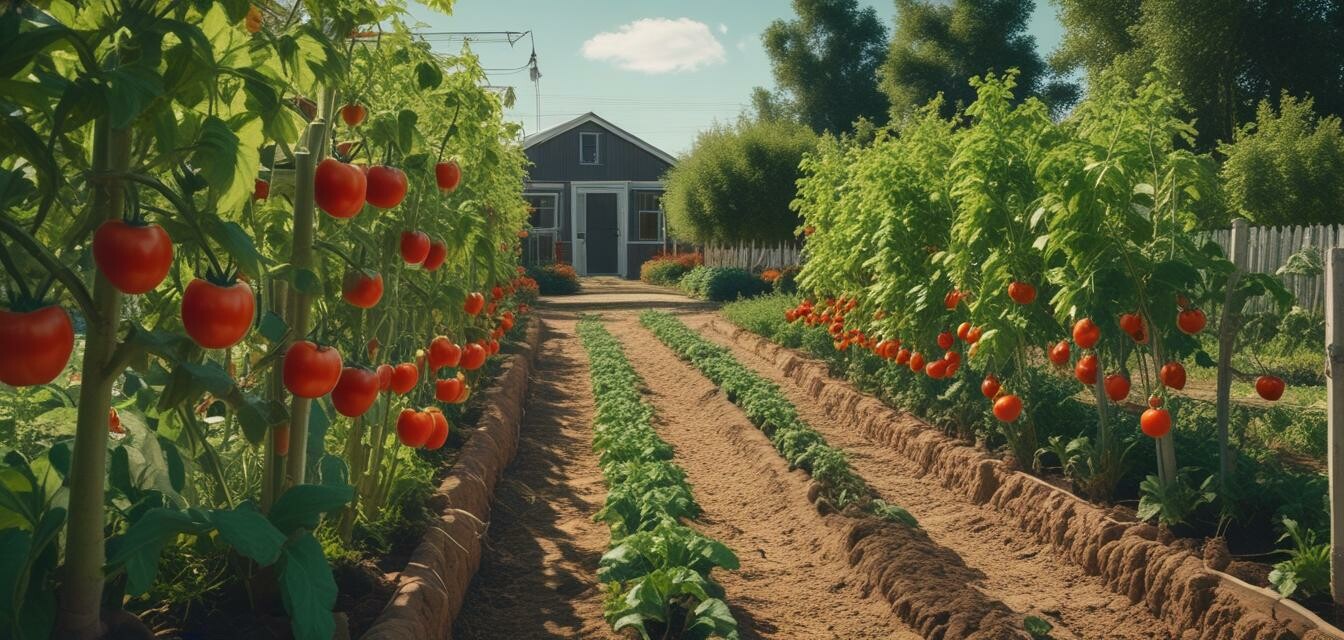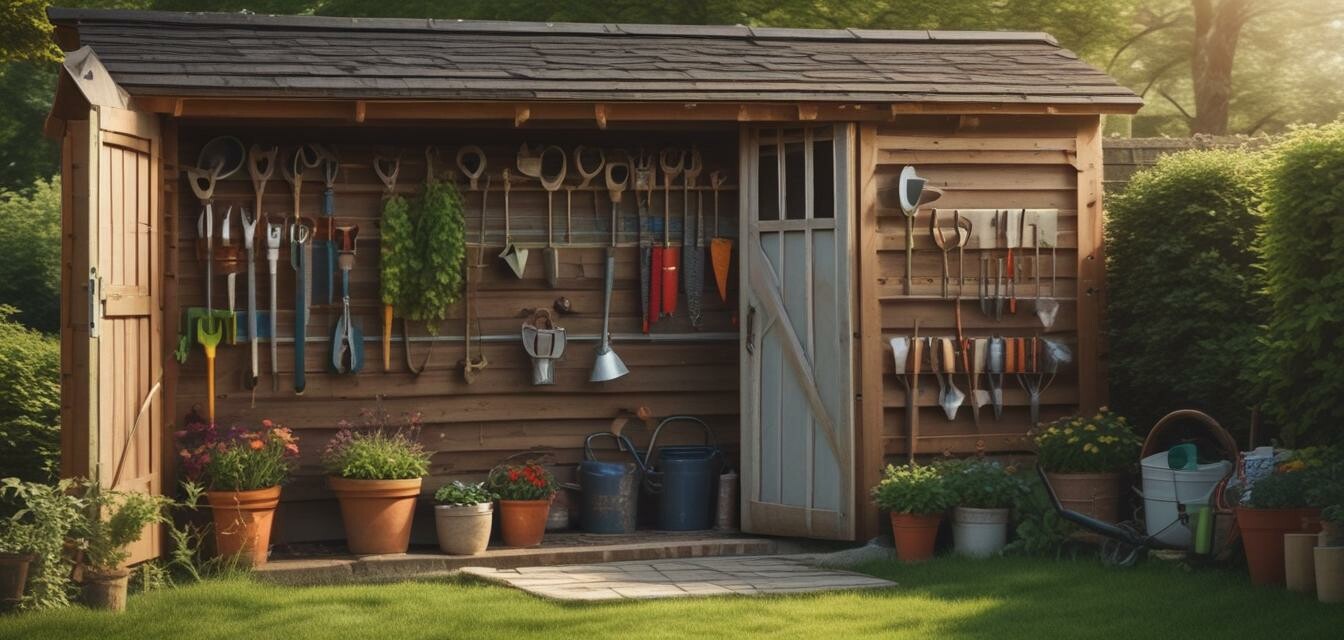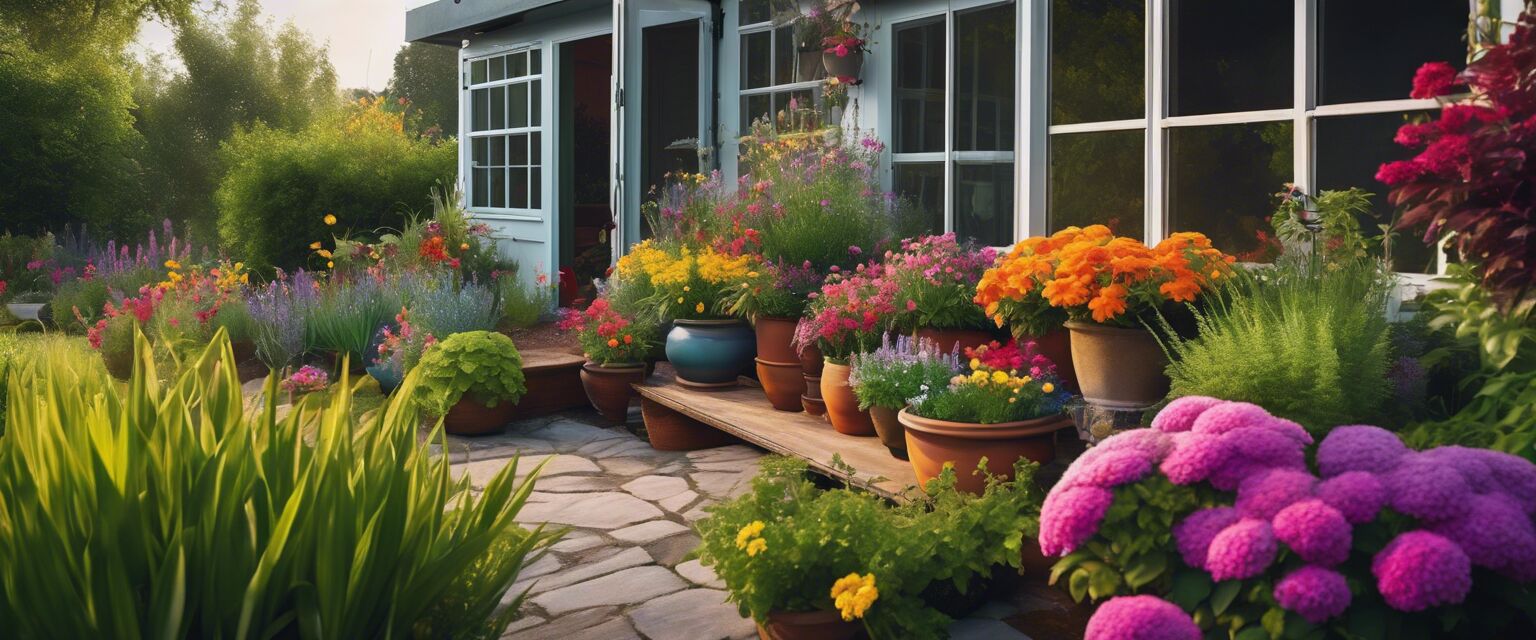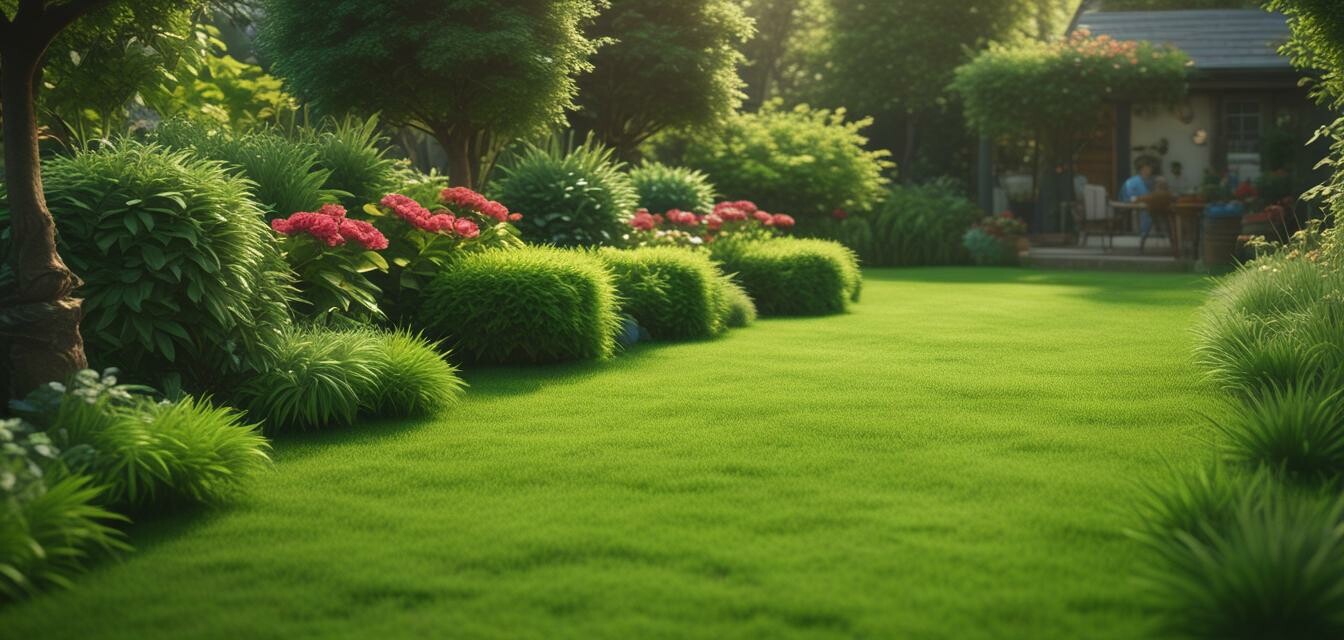
Lawn Care & Maintenance
Key Takeaways
- Regular mowing promotes healthy growth.
- Fertilization is key for a lush green lawn.
- Pest control is essential to prevent damage.
- Watering techniques can greatly influence lawn health.
- Soil health should not be overlooked.
Achieving a lush, green lawn requires consistent effort and knowledge. Lawn care involves a variety of practices including mowing, fertilizing, pest control, and watering. In this article, we will explore effective strategies and tips for maintaining a beautiful lawn that you can be proud of.
Understanding Lawn Care
Lawn care encompasses a range of activities aimed at keeping your grass healthy and vibrant. The main components include:
- Mowing
- Fertilization
- Pest control
- Watering
- Soil maintenance
Mowing Your Lawn
Mowing is not just about cutting the grass; it's about doing it effectively to promote growth. Here are some key tips:
- Mow regularly, ideally once a week.
- Keep mower blades sharp to ensure clean cuts.
- Aim to cut no more than one-third of the grass height at a time.
- Vary your mowing pattern to prevent soil compaction.
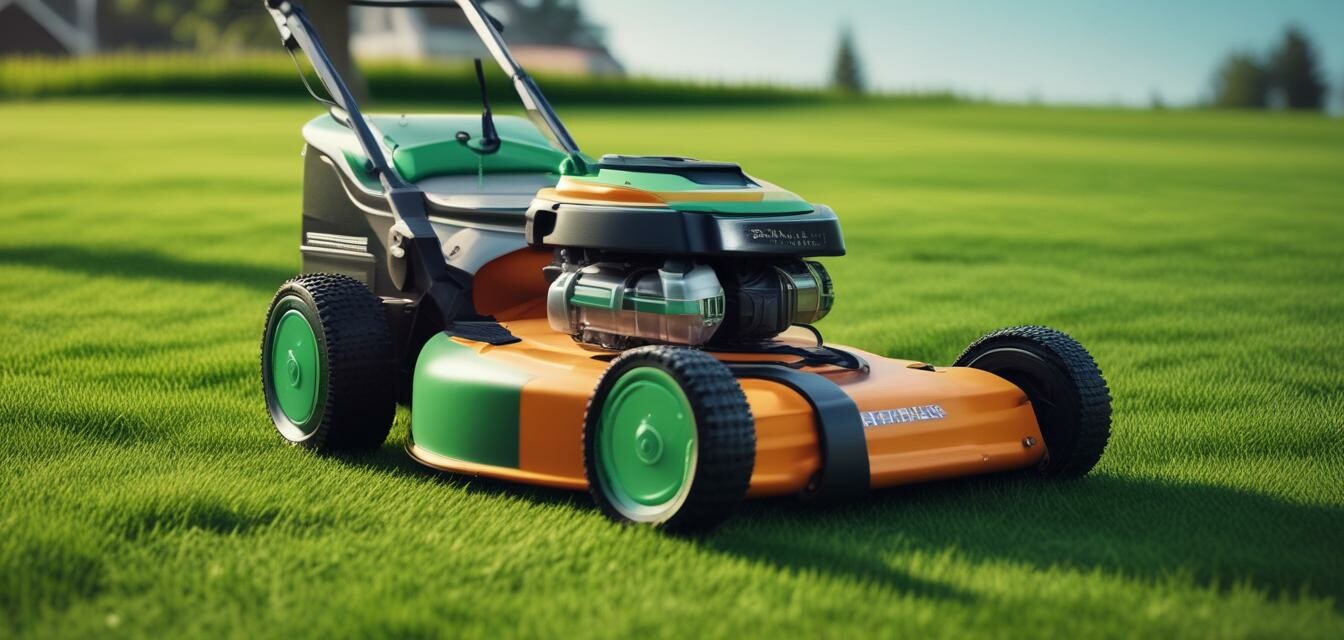
Fertilizing Your Lawn
Fertilization is essential for providing nutrients to your lawn. Here’s how to do it right:
- Choose the right type of fertilizer based on your grass type.
- Apply fertilizer during the growing season for best results.
- Use a spreader for even application.
- Water the lawn after fertilization to help nutrients absorb into the soil.
Beginner Tips for Lawn Care
- Start with a soil test to understand nutrient levels.
- Invest in quality gardening tools.
- Keep a lawn care schedule to manage tasks effectively.
- Observe your lawn regularly for signs of pests or disease.
Pest Control Strategies
Keeping pests at bay is crucial for lawn health. Consider these strategies:
- Identify pests early to take action.
- Use organic or chemical treatments as necessary.
- Encourage beneficial insects that control pests.
- Maintain lawn health to reduce susceptibility to pests.

Watering Your Lawn
Watering is a vital component of lawn care. Here are some effective watering techniques:
- Water deeply and less frequently to encourage deep root growth.
- Early morning is the best time to water.
- Use a rain gauge to measure how much water your lawn is getting.
- Adjust your watering schedule based on weather conditions.
Soil Maintenance
Soil health is often overlooked but is crucial for a thriving lawn:
- Test your soil for pH and nutrient levels.
- Add organic matter like compost to improve soil structure.
- Aerate your lawn to allow air and nutrients to penetrate.
- Consider overseeding to fill in sparse areas.
Comparison of Lawn Care Techniques
| Technique | Benefits | Drawbacks |
|---|---|---|
| Mowing | Promotes healthy growth, improves appearance | Requires regular effort |
| Fertilizing | Provides essential nutrients | Risk of over-fertilization |
| Pest Control | Protects lawn from damage | Can harm beneficial insects |
| Watering | Ensures grass remains hydrated | Overwatering can lead to disease |
| Soil Maintenance | Improves overall lawn health | Can be time-consuming and requires knowledge |
Pros
- Enhances curb appeal of your property
- Improves air quality and supports local wildlife
- Creates a comfortable outdoor space for relaxation
- Increases property value
Cons
- Requires ongoing maintenance and investment
- Time-consuming during peak seasons
- Potential for pest and weed problems
- Environmental impact if chemicals are used
Conclusion
Maintaining a lush, green lawn is an ongoing process that requires attention and care. By following the strategies outlined in this article, you can create a beautiful outdoor environment that enhances your home and provides a space for relaxation and enjoyment. For more information on specific gardening tools, check out our sections on gardening tools and organic gardening supplies.
Additional Resources
Explore more about lawn care and maintenance:
